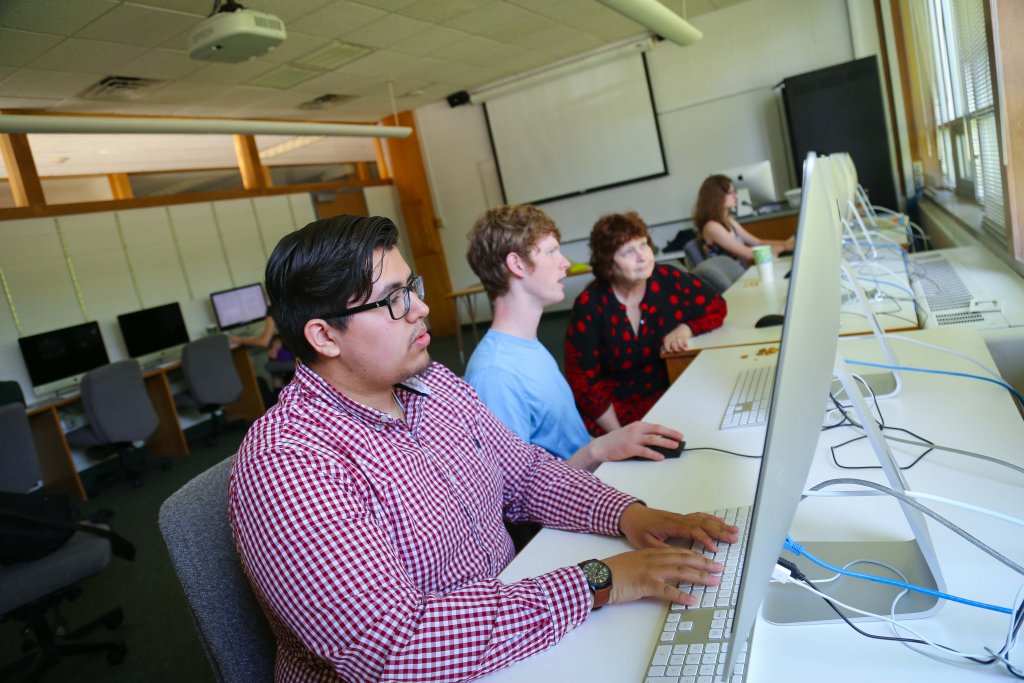The case for college, part 2: How do we educate for today’s world?

As I wrote in part 1 of this series a few weeks ago, while the strong return on investment from a college education is clear, the best kind of college education is hotly debated.
I returned today from the Midwest Innovation Leadership Forum, which brought together a wide variety of presidents, researchers, policy advisors and thought leaders. Amidst the diverse voices, a few points stood out.
Our graduates need to be competent.
Opportunities to practice and demonstrate competencies in real-world settings are highly valued by employers — and by our students. Students want to feel the relevance of their education right from the start.
This is fueling demand for certifications and credentials. While some are advocating credentials that stand apart from a college degree (sometimes called microcredentials), a 2018 national survey of employers concluded that: “Overall, it is clear that microcredentials appear to be functioning most often as supplements to degrees rather than substitutes.”
An example of this is GC’s new microcredential in coding for Apple’s Swift programming language. (You can still register for this fall course!) Community members can take the course, and our students can also gain this credential while completing their degree.
And graduates need more than specific credentials.
It is predicted that 60 percent of our present graduates will enter careers that do not currently exist. Jeff Strohl of the Georgetown Center for Education and the Workforce puts it this way:
“Specific education [like a coding certificate] may open the door to a first job, but general education keeps the door open to growth in that job and future jobs.”
The top ten trending skills according to the 2018 World Economic Forum Future of Jobs Report include:
- Active learning and learning strategies
- Creativity, originality and initiative
- Critical thinking and analysis
- Complex problem solving
- Leadership and social influence
- Emotional intelligence
Similarly, U.S. employers see the biggest talent gaps in oral communications and people management. These are the kinds of capabilities that help graduates make good use of their specific skills in a highly dynamic economy.
There is unprecedented demand for post-secondary education.
At the Forum today, education writer and advisor Jeff Selingo described the next wave of value in higher education as lifelong learning.
How can we further extend our GC core value of passionate learning beyond graduation?
I left the Forum today thinking in new ways about specific competencies and how to make them more tangible for our students and their future employers. And I remain committed to our Goshen Core curriculum, which combines fundamental academic skills with collaborative skills for the 21st century and interdisciplinary explorations.
Specific competencies and a broad liberal arts education — can Goshen College offer the best of both worlds?
Rebecca Stoltzfus




